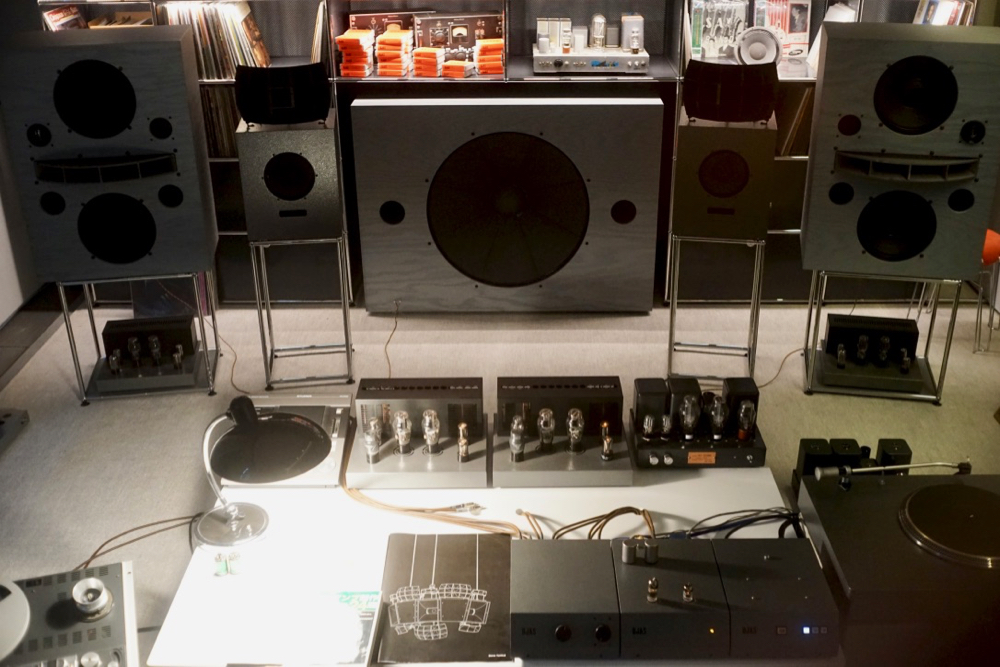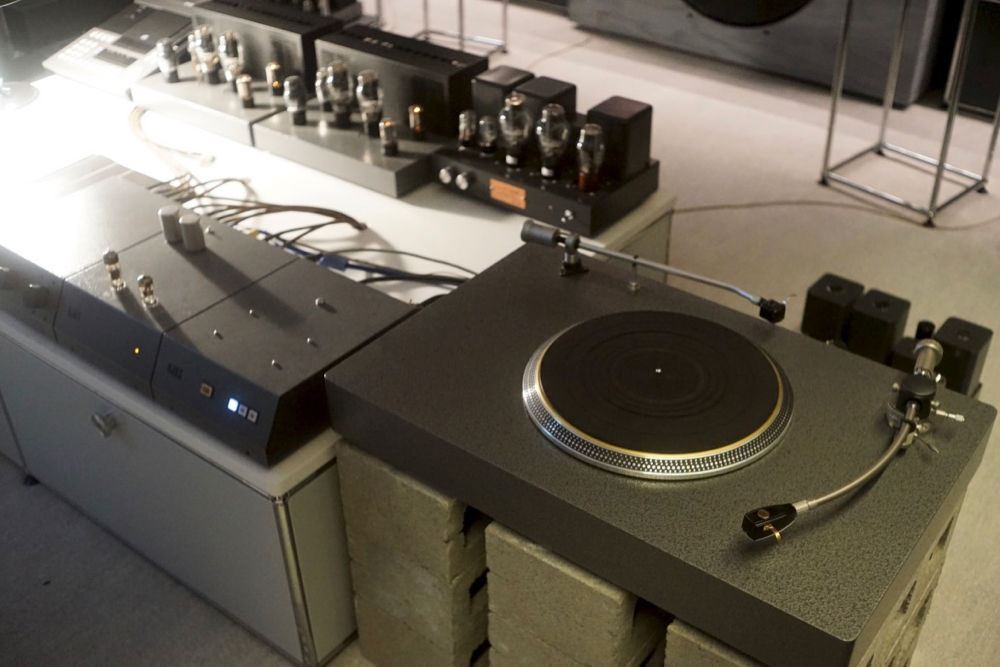But another guy who was present and who has a more modest system reacted to the older records by saying “Yeah, I can tell it’s old, you can hear scratches.” He preferred the modern reissues. He agreed the old records all sounded good but the minor ticks and pops apparently bothered him enough that he didn’t appreciate the superior sound.
I personally don't mind the occasional tics here and there as long as the musical performance and the recording quality is high... I am able to just simply listen thru the tics and can still "appreciate the superior sound", as you say. Oftentimes later re-issues may present themselves to be tic-free, but can also at times sound so lifeless - lacking the body, the soul and the emotion of the original event.
What I do, is I keep three separate collections of my records, all of which are separated into their own genre categories of jazz/blues/classical.
* The "A" bins contain all NM records that have the best performances/recording quality and are noise free. Btw, these contain many original pressings from the late 50's/60's that are not on 180g vinyl, as well as more modern releases that are on heavier vinyl.
* The "B" bins contain great performances and are recorded very well, but may have some tics periodically throughout the record.
* The "C" bins contain records that either I didn't appreciate the musicianship, or the recording quality, or are too noisy for my taste - and those records are to be donated to whomever may find a greater appreciation for them than what I do.
So, for my own listening pleasure... Bins "A" and "B" are listened to on a regular basis by me.
However, if I have friends come over that are "sensitive" to the occasional tics then I only let them pull records from my "A" bins, which thankfully over the years I have accumulated several hundred of, so they typically will always find plenty of choices to enjoy.
Personally, I don't feel the weight of the record plays a role in if a record will have tics or other noise, but rather the care and quality control put forth at the pressing plant, the actual quality of the vinyl being pressed, and lastly but just as importantly is if the record was previously abused by misalignment of a cartridge or a worn out cartridge or the care/or lack thereof given to the record.
Best wishes to everyone and Happy Holidays to all,
Don
 It is now on my list for my next visit.
It is now on my list for my next visit.







